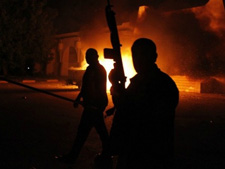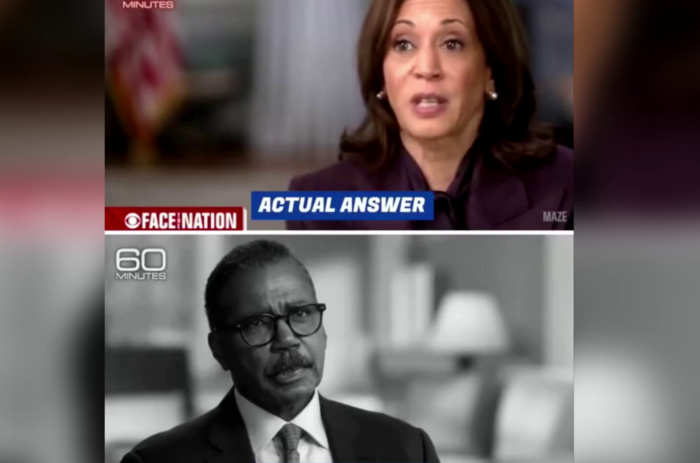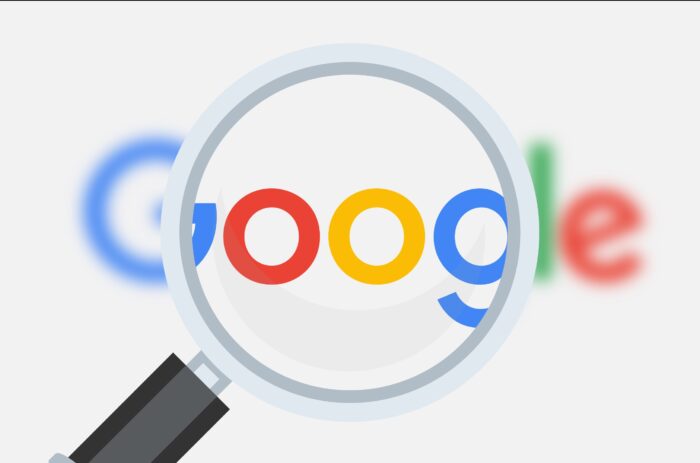redo Jump to...
print Print...
Directions
-Read the media bias example below (from a May 9 post by Matt Hadro at mrc.org).
-Read "Types of Media Bias" here or in the right column. Then answer the questions.
From Matt Hadro’s mrc.org post (original post date 5/9/13):
Last Wednesday evening, CNN barely covered the congressional hearing on the Benghazi attack from earlier that afternoon. Instead, the network provided wall-to-wall coverage of the Jodi Arias murder trial verdict and the Cleveland kidnappings.
From the hours of 5-11 p.m., CNN gave…4 hours, 9 minutes of coverage to the two crime stories, but only…eight minutes to Benghazi — over 30 times more coverage. And three of CNN’s prime-time shows didn’t even mention Benghazi.
The 8 p.m. and 10 p.m. hours of Anderson Cooper 360 featured over one hour and twenty minutes of material on Arias and the Cleveland abduction, but not one second on the hearing. The 9 p.m. hour of Piers Morgan Live aired over 40 minutes on the two stories [the woman who murdered her boyfriend, and the women who were rescued in Cleveland], but completely ignored the Benghazi hearing.
Ironically, CNN’s Wolf Blitzer admitted that the hearing was dwarfed by the tabloid crime stories: “It’s been nearly lost amid a lot of the glare today, the breaking news coming out of Cleveland and Phoenix, but September’s deadly attack on the U.S. consulate in Benghazi, Libya, was the subject of a very important all-day hearing on Capitol Hill.“
Unfortunately, Blitzer’s colleagues didn’t get the memo about this “very important” hearing. Most of the prime time Benghazi coverage clustered at the end of Blitzer’s 6 p.m. hour of The Situation Room, in a 7 minute, 13 second-long story. Host Erin Burnett only spent 39 seconds on the hearing in a news brief during the 7 p.m. hour. That was all the coverage from 5 p.m. to 11 p.m.
Earlier in the day, CNN had provided over 17 minutes of live audio of the Benghazi hearing before cutting away from it for the rest of the afternoon. The network did again report on the hearing but never went live. In contrast, Fox News gave viewers 108 minutes of live coverage of the hearing. (Read an article on the Benghazi hearings posted at studentnewsdaily)
(Read a report on NY Times coverage on Benghazi at newsbusters)
To accurately identify different types of bias, you should be aware of the issues of the day, and the liberal and conservative perspectives on each issue.
Types of Media Bias:Questions
1. What two types of bias does the excerpt below highlight?
2. Emails, uncovered last week, suggested the White House’s talking points on Benghazi underwent 12 revisions. [and still incorrectly asserted that the violence was a result of a youtube video]. Sen. John McCain said the White House’s handling of the Sept. 11 attacks in Benghazi was a “cover-up.” Sen. McCain said:
“Now, you’ve got to look at this in the context of the times there. We are in the midst of a presidential campaign [less than 2 months before the Nov. 2012 presidential election]. The narrative by the Obama campaign is that bin Laden is dead, that al Qaeda is on the run, not to worry about anything, and here comes this attack on Benghazi. And there are so many questions that are unanswered. The president didn’t call it an act of terror. In fact, two weeks later, before the U.N., he was talking about hateful videos and spontaneous demonstrations. What he did say the day after was he condemned acts of terrorism, but then that night…and throughout the next two weeks, he kept saying that it was caused by a spontaneous demonstration sparked by a hateful video. He kept saying that over and over again and condemning that.” McCain repeated his assertion that the administration is guilty of a cover-up. “I’d call it a cover-up,” he said. “I would call it a cover-up to the extent that there was willful removal of information, which was obvious.”
Why do you think the news media chose to give viewers tabloid news (what according to CNN’s Burnett was a “soap opera” full of “salacious entertainment”) instead of reports on an important government investigation of a terrorist attack on a U.S. embassy? Explain your answer.
3. The Society of Professional Journalists’ website state that:
- Journalists should be free of obligation to any interest other than the public’s right to know.
- Journalists should be honest, fair and courageous in gathering, reporting and interpreting information.
In the case of Benghazi, do you think the media met these standards for reporting? Explain your answer.
Scroll down to the bottom of the page for the answers.
Background
WHY IS CONGRESS HOLDING HEARINGS ON THE ATTACKS ON THE U.S. CONSULATE IN BENGHAZI, LIBYA IN WHICH 4 AMERICANS WERE MURDERED?
- The American diplomatic mission at Benghazi, in Libya, was attacked on September 11, 2012 by a heavily armed group.
- The attack began during the night at a compound that is meant to protect the consulate building.
- A second assault in the early morning the next day targeted a nearby CIA annex in a different diplomatic compound.
- Four Americans were killed, including U.S. Ambassador J. Christopher Stevens.
- Ten others were injured.
- Secretary of State Hillary Clinton, U.S. Ambassador Susan Rice and President Obama blamed the attacks on a Muslim protest turned violent over a youtube video that supposedly insulted Islam’s prophet Mohammed.
- It is now believed that the Obama administration knew the attack in Benghazi was a coordinated terrorist attack from the beginning.
- The Obama administration’s responses to the attack are being questioned, with suggestions that if they had acted correctly, the attack could have been prevented or at least some of the Americans could have been rescued.
Answers
1. Bias by story selection and omission.




